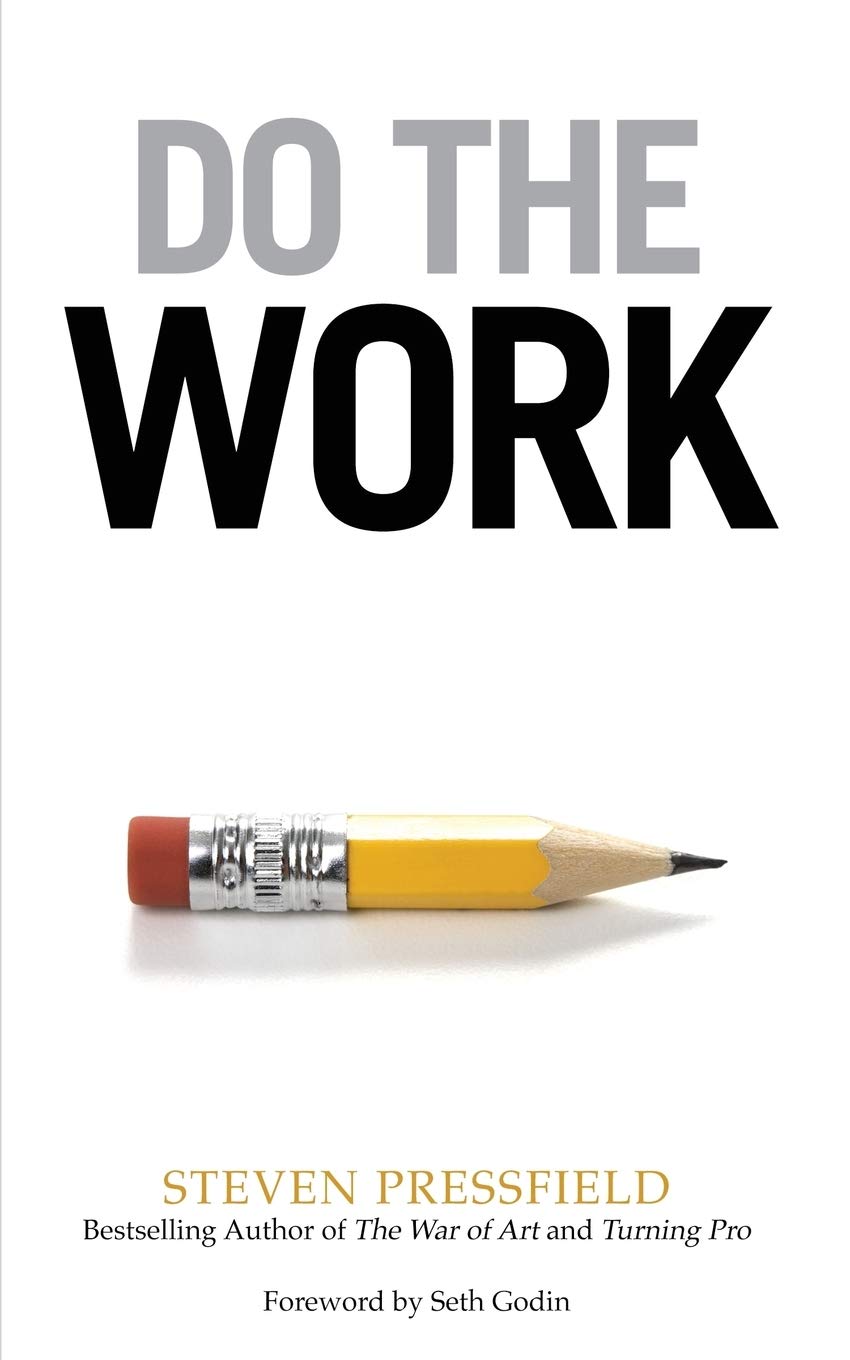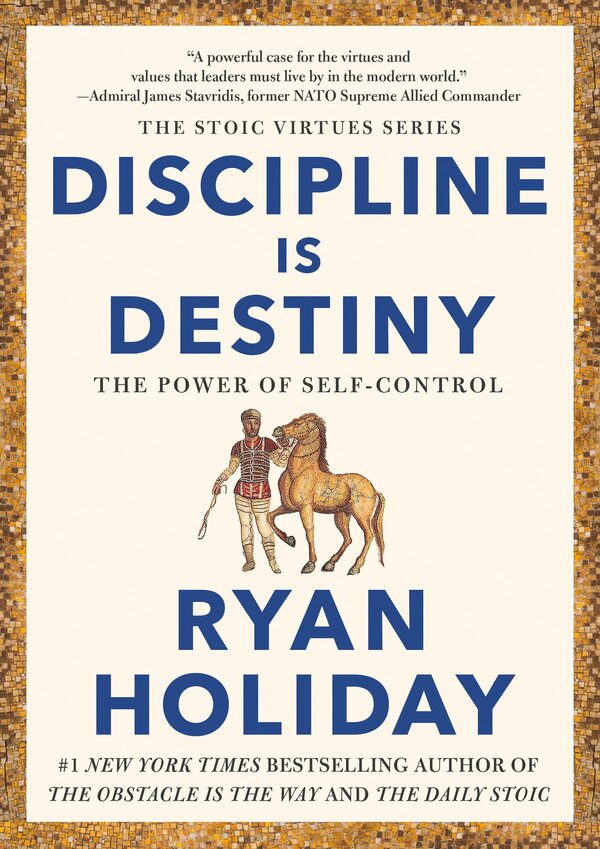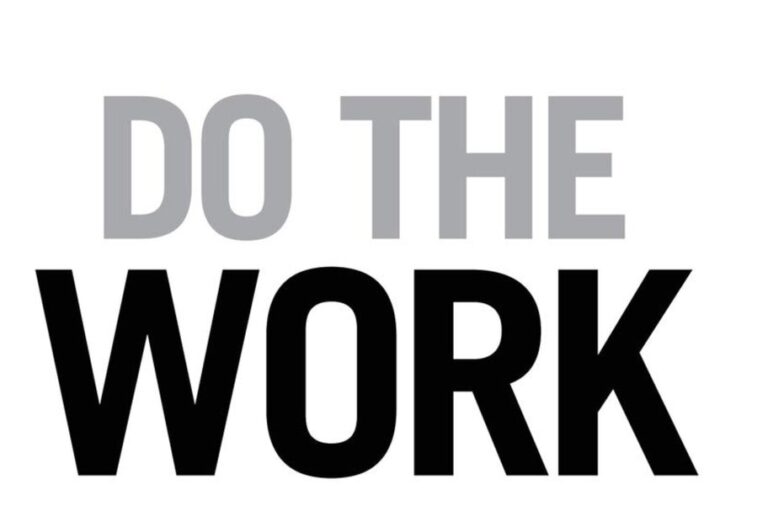If you work hard, what is hard will work, but if you take shortcuts, you will be cut short. There are no secrets to success; you must show up daily, believe in yourself, and execute relentlessly. There is a price to be paid for sustainable long-term success, and that involves doing the work and playing in the long game by seeing the end in mind. We play the way we train. We get rewarded in public for what we repeatedly practice in private. As former boxing world heavyweight champion Joe Frazier once said, “You can map out a fight plan or a life plan, but when the action starts, it may not go the way you planned, and you’re down to your reflexes – that means your [preparation:]. That’s where your roadwork shows. If you cheated on that in the dark of the morning, well, you’re going to get found out now, under the bright lights.”
Until one is committed, there is hesitancy, the chance to draw back, always ineffectiveness. Concerning all acts of initiative (and creation), there is one elementary truth, the ignorance of which kills countless ideas and splendid plans: that the moment one definitely commits oneself, then Providence moves too. A whole stream of events issues from the decision, raising in one’s favor all manner of unforeseen incidents and meetings and material assistance which no man could have dreamed would have come his way. I have learned a deep respect for one of Goethe’s couplets: “Whatever you can do or dream you can, begin it. Boldness has genius, power and magic in it.” Begin it now. – William Hutchison Murray
Most of us don’t follow through with doing the work. As a result, many factors, such as a failure to plan, fear, resistance, and fear of other people’s opinions. We would rather watch others live in their greatness and criticize the doer; we would instead look up to a guru who is also trying to figure it out than do the work ourselves. All things being equal, the marketplace is neutral and will always reward individuals who can solve the most significant problems. By doing the work needed for mastery, one can command respect and earnings and become so good that you cannot be ignored.

Resistance’s Greatest Hits 1
The following is a list, in no particular order, of those activities that most commonly elicit Resistance:
- The pursuit of any calling in writing, painting, music, film, dance, or any creative art, however marginal or unconventional.
- The launching of any entrepreneurial venture or enterprise, for profit or otherwise.
- Any diet or health regimen. Any program of spiritual advancement.
- Any activity whose aim is the acquisition of chiseled abdominals.
- Any course or program designed to overcome an unwholesome habit or addiction.
- Education of every kind. Any act of political, moral, or ethical courage, including the decision to change for the better some unworthy pattern of thought or conduct in ourselves.
- The undertaking of any enterprise or endeavor whose aim is to help others.
- Any act that entails commitment of the heart—the decision to get married, to have a child, to weather a rocky patch in a relationship.
- The taking of any principled stand in the face of adversity.
In other words, any act that rejects immediate gratification in favor of long-term growth, health, or integrity. Any act that derives from our higher nature instead of our lower.
Begin. Remember, our enemy is not lack of preparation; it’s not the difficulty of the project or the state of the marketplace or the emptiness of our bank account. The enemy is Resistance. The enemy is our chattering brain, which, if we give it so much as a nanosecond, will start producing excuses, alibis, transparent self-justifications, and a million reasons why we can’t/shouldn’t/won’t do what we know we need to do.
Rule of thumb: The more important a call or action is to our soul’s evolution, the more Resistance we will feel toward pursuing it.

The Case for Self-Discipline 2
In a world of abundance, each of us must wrestle with our desires, our urges, as well as the timeless battle to strengthen ourselves for the vicissitudes of life. This is not about six-pack abs or the avoidance of all that feels good, but instead about developing the fortitude required for the path we have chosen. It’s about being able to go the distance, and steering clear of the blind alleys and mirages along the way. If we don’t dominate ourselves physically, who and what does dominate? Outside forces. Laziness. Adversity. Entropy. Atrophy. We do the work, today and always, because it’s what we’re here for.we know that while it might seem easy to take it easy and more pleasurable to indulge our pleasure centers, in the long run, it is a far more painful route.
“Self-discipline is giving everything you have . . . and knowing what to hold back.”
Meditations
Daily Calm with Tamara Levitt – Fractels
Scientists have a word for describing a pattern or shape where a basic motif is repeated repeatedly at different scales: fractal. The concept helps scientists understand everything from trees to mountains to the neural networks of our brains. Seeing our mindfulness practice as a kind of fractal can be helpful. Like the coastline, we can zoom in or out when thinking about practice and find similarities across different scales.
Daily Jay with Jay Shetty – Cause or Coincidence
Correlation does not imply causation. Yale psychology professor Woo-kyoung Ahn has researched the causal reasoning process. We think this way because it gives us a sense of control. In an Armchair Expert with Dax Shepard podcast episode, Woo-kyoung explained that when bad things happen to us, we want to understand why so we don’t repeat them, and when good things happen, we also want to know why so we can repeat them.
Daily Trip with Jeff Warren – The Lowdown
The ups and downs are part of our body’s intelligence.
Podcast
- Lisa Damour (on the emotion of teenagers) | Armchair Expert with Dax Shepard
All the best in your quest to get better. Don’t Settle: Live with Passion.



Comments are closed.